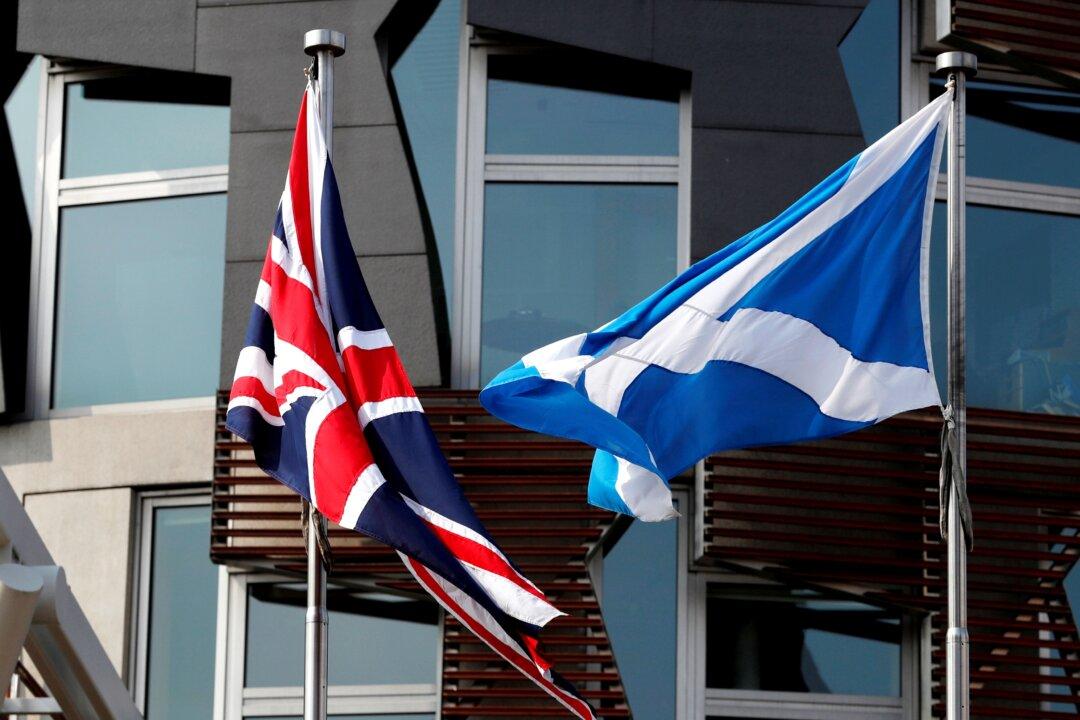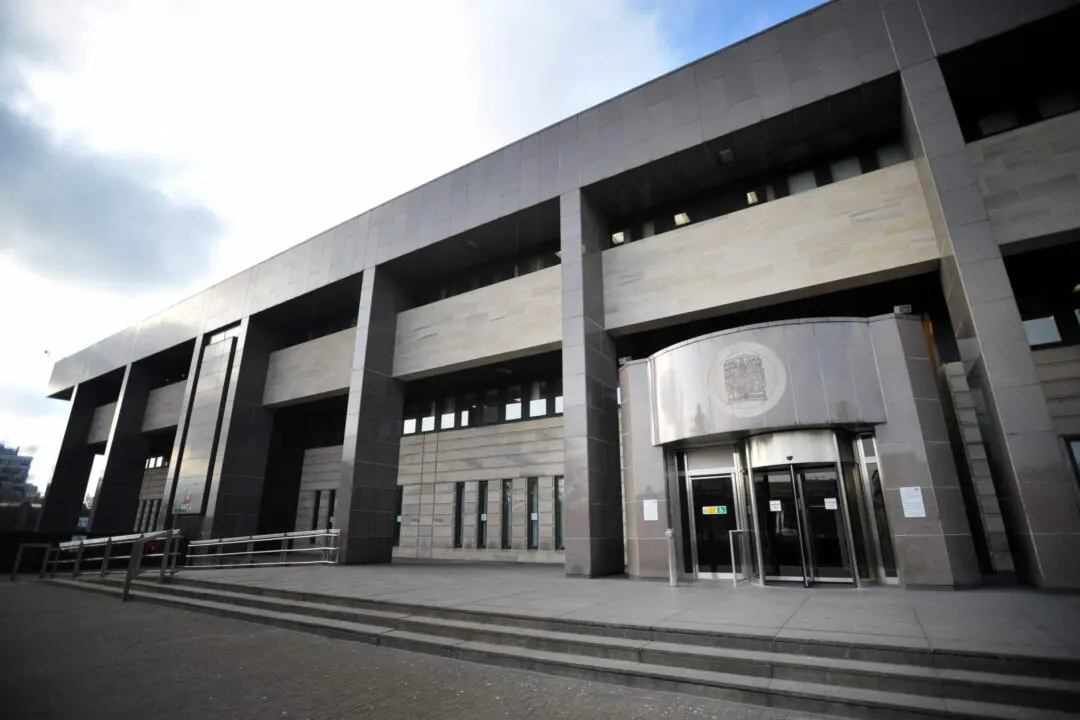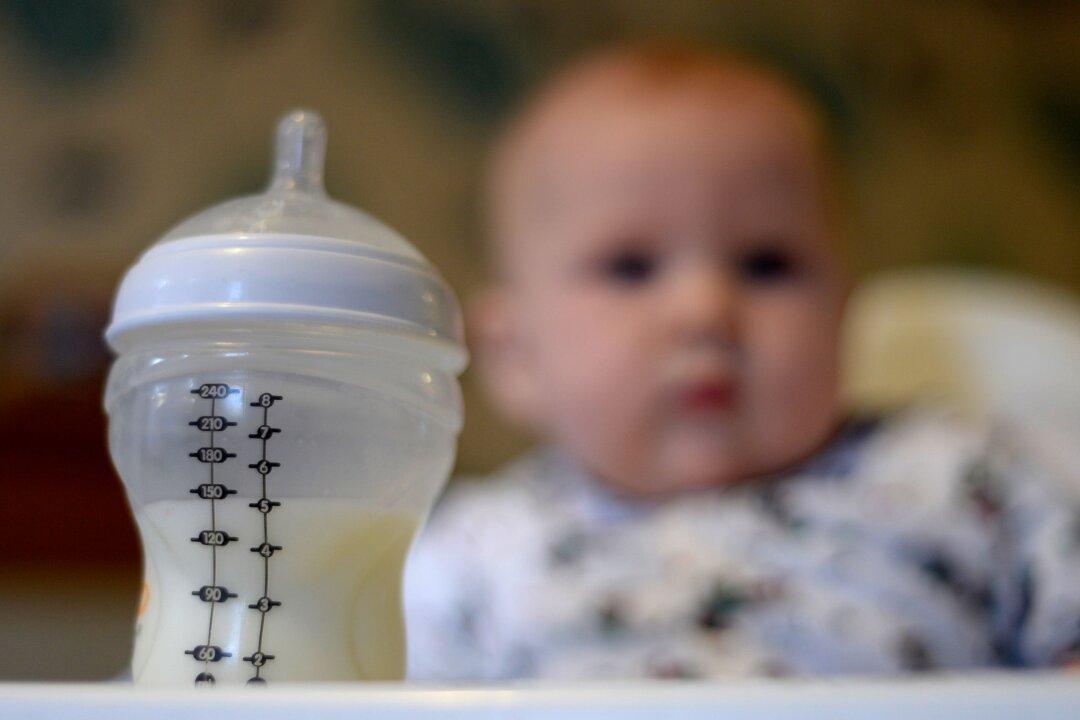Scotland’s political leaders clashed again over the constitution in the final TV debate of the Scottish Parliamentary election.
The exchanges between SNP leader Nicola Sturgeon and her main rivals took place less than 36 hours before voters start to go to the polls. The TV showdown, broadcast on BBC Scotland, saw the leaders of the five largest parties debate issues ranging from coronavirus to the care system and taxation. Nicola Sturgeon rejected the accusation that an SNP-led Scottish Government would hold an “illegal wildcat referendum,” as the Tories have said. Responding to the assertion of Scottish Tory leader Douglas Ross, the First Minister said: “No we won’t. I’ve always said that, Douglas.”




